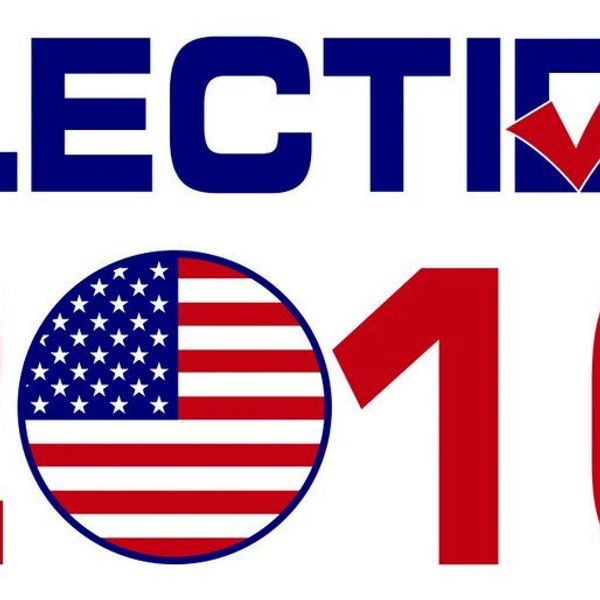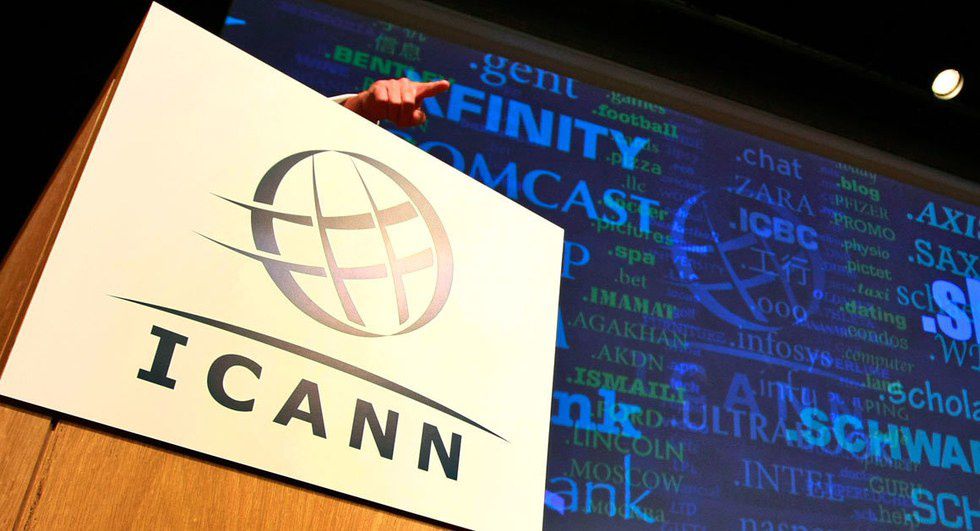Beginning on October 1st, the U.S. Department of Commerce will no longer bear any control over the Internet. Texas Senator Ted Cruz has brought prolonged national attention to this development, introducing the now-failed Protecting Internet Freedom Act. The goal was to “prevent the Obama administration from giving the Internet away to a global organization that will allow over 160 foreign governments to have increased influence over the management and operation of the Internet.”
On its surface, this sounds like a really strong argument against globalization, that Cruz doesn’t want the world community to have a substantial role in regulating the Internet.
However, when the decision was first announced in 2014, Katherine Maher of Politico Magazine challenged the idea that the U.S. was ceding its control. First of all, Maher argued that the Obama administration, rather than throwing away power, is simply “trying to head off rising global pressure to give other countries…more of a say in how the Internet is governed.”
Second, it’s important to acknowledge the sequence of events that led to this point. The “control” that the U.S. has traditionally had is in regulating the Internet’s naming and numbering system. This power has been contracted out by the government for decades, beginning first with University of California and then since 1998 the Internet Corporation for Assigned Names and Numbers, or ICANN. At present, ICANN will be assuming whatever regulatory powers the federal government has remaining on October 1st.
ICANN presentation, taken from Politico. http://www.politico.com/magazine/story/2014/03/con...
According to Maher, ICANN is a body that includes representatives from 111 countries, international organizations, and commercial and non-commercial stakeholders. However, prominent Republicans contend that this organization includes China and Russia. Given the previous hostility and cyberattacks performed on the U.S. by those two countries, Sen. Cruz argues that these governments could target and shut down the Internet in perceived enemy countries, or even the entire world.
As an example, Sen. Lankford of Oklahoma and Sen. Lee of Utah noted that “ICANN’s Beijing office is actually located within the same building as the Cyberspace Administration of China, which is the central agency within the Chinese government’s censorship regime.” They argue this is direct evidence of China’s intensions to censor the Internet both at home and abroad.
The argument to increase American power out of a potential imminent catastrophe seems to be ever-present within American political discourse these days, especially from the Republican perspective. Let’s not forget the example I gave in my article two weeks ago on Rudy Giuliani’s speech, where he literally stated to vote for Trump out of the fact that the “radical Islamic terrorist extremists” seek to “kill us all.” It seems as though not a day can pass by where an action of Obama’s isn’t deemed a grave threat to national security. Given this background, let’s water down the argument of Cruz and his allies.
First of all, the Internet has not been under the direct domination of the federal government for decades, once it began contracting out its naming and numbering functions to other institutions. The ICANN organization itself has been the primary arbiter of this field for eighteen years now. And, as of yet, there has yet to be some sort of catastrophic collapse in the freedom of the Internet.
Additionally, according to Maher, the Department of Commerce has assured that the contract it is utilizing to transfer over its powers to ICANN requires ICANN to have “broad community support,” “avenues for input from diverse stakeholders,” “technical resilience and security,” “maintaining the openness of the Internet,” and above all, “consistency with the intent of Congress.” This doesn’t sound to me like the Obama administration is suddenly dropping its Internet powers to somehow undermine America. Rather, the administration is simply acknowledging the fact that the Internet is not American – it is a medium of exchange for the world.
So, given hindsight, Ted Cruz’s remarks of this proposal “allow[ing] over 160 foreign governments to have increased influence over the management and operation of the Internet” seem indicative of a general anti-globalization sentiment that cares more about maintaining American exceptionalism than about advancing other parts of the world. After all, there’s seven billion people in the world – the Internet surely reflects more than just the interests of 300 million of them.






















